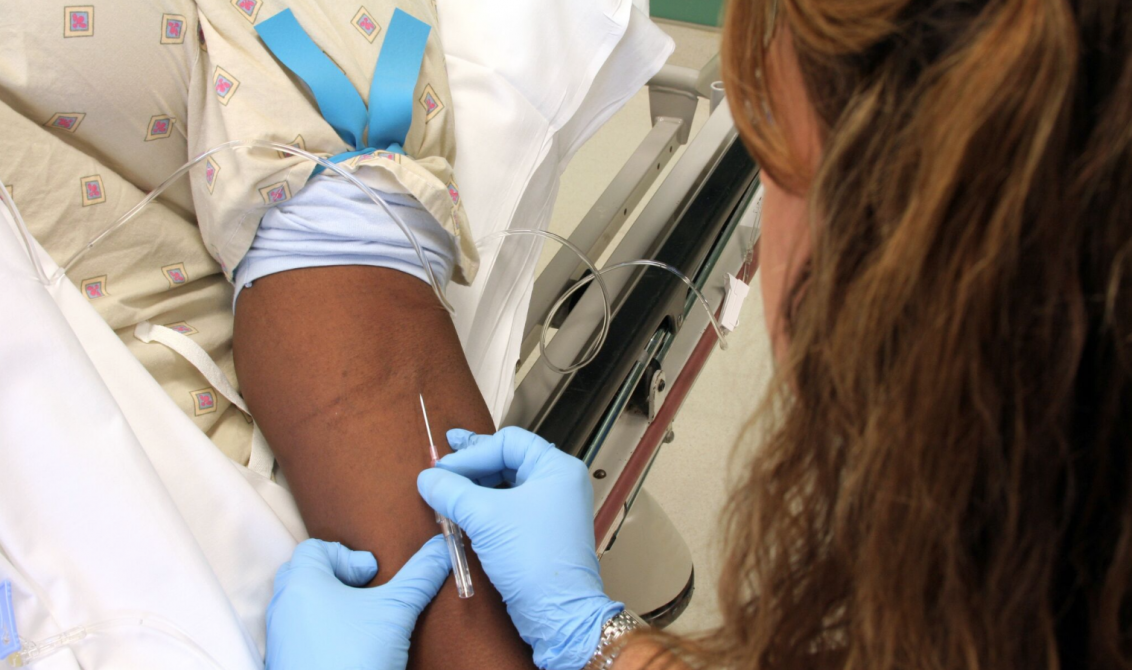
Did you know that Diabetes causes more deaths in one year than breast cancer and HIV/AIDS combined?
Diabetes is a disease in which the body is unable to properly use and store glucose (a form of sugar). As a result glucose builds up in the bloodstream, causing one’s blood glucose (blood sugar) to rise too high.
Insulin is the hormone that the body makes to help us use and store glucose for fuel for energy. In diabetes, your body either resists the effect of insulin or your body doesn’t produce enough insulin, causing levels of glucose (sugar) to rise in the blood.
Exactly why this happens is unknown, but a family history of diabetes and other factors such as excess body weight and lack of physical exercise are contributing factors.
There are two types of Diabetes:
In Type 1 Diabetes, the body stops making insulin. This type seen in children, teenagers and young adults accounts only for 5-10% of all diagnosed cases of diabetes. In Type 2 Diabetes the body doesn’t produce as much insulin or is unable to use the insulin properly, It accounts for about 90-95% of all diagnosed cases of diabetes in Sub-Saharan Africa. It typically occurs in people who are over 40 years of age, overweight, and/or have a family history of diabetes.
Understanding the disease and how to manage it is of critical importance as type 2 diabetes is fast becoming an epidemic in Sub-Saharan Africa.
With the modernization and economic development in Sub-Saharan Africa, adoption of Western lifestyle habits such as tobacco use, alcohol abuse, unhealthy diet and physical inactivity has adversely impacted the health of Africans. As a result conditions like diabetes, cardiovascular disease and cancer, once thought to be diseases of developed nations, are on the rise in Africa.
Being overweight or obese as well as lack of physical activity, alcohol consumption, high fat diet and smoking are all contributing factors to the development of diabetes. Family history and age have been known to add to the development of this disease.
With the rise in obesity in children, not surprisingly Type 2 Diabetes can also develop in children. About 2-5% of pregnant women develop diabetes during pregnancy but this usually disappears after birth.
The symptoms of diabetes are not to be ignored and include
- Being very thirsty
- Frequent urination
- Weight loss
- Increased hunger
- Blurry vision
- Irritability
- Tingling or numbness in the hands or feet
- Frequent skin, bladder or gum infections
- Wounds that don’t heal
- Extreme unexplained fatigue
A simple test to check blood sugar level will determine if diabetes is present. As with most conditions, early detection can help prevent complications such as high blood pressure, which patients with diabetes are prone to developing. Other common complications include heart attack, stroke, diabetic coma, diabetic foot ulcer disease (can result in gangrene, infection and sepsis) and male impotence. Infections such as pneumonia, tuberculosis, boils, urinary tract infection occur frequently as well..
The complications that most commonly plague Africans with diabetes are eye damage which results in blindness, kidney damage which results in kidney failure and nerve and blood vessel damage which often requires amputation of the legs.
Managing diabetes properly depends 95% on the patient’s own self-care and only about 5% on medications and doctors check-ups. The sole responsibility in terms of management rests on the patient.
When patients are diagnosed with diabetes, it usually comes with a harsh reality of the drastic life changes that they have to conform to such as medications, needle sticks, food restriction and increased exercise routines. The challenges that patients face in dealing with diabetes in Sub-Saharan Africa, are a result of inadequate health facilities and low levels of knowledge about diabetes on the part of healthcare workers. Patients therefore often have poor understanding of their condition. Cultural beliefs, patient attitude, financial difficulties, literacy issues as well as medication and dietary non-compliance are contributors to the barrier management of diabetes.
Join us on channels TV as we talk through overcoming barriers to the management of diabetes.
Thursdays @ 3:30pm



Is it possible to reverse diabetes? « The HealthZone
[…] Diabetes – Overcoming Barriers To Self-Management […]